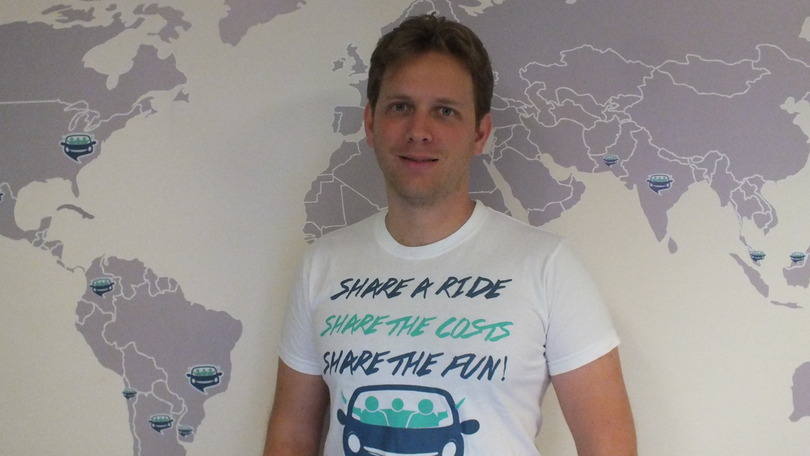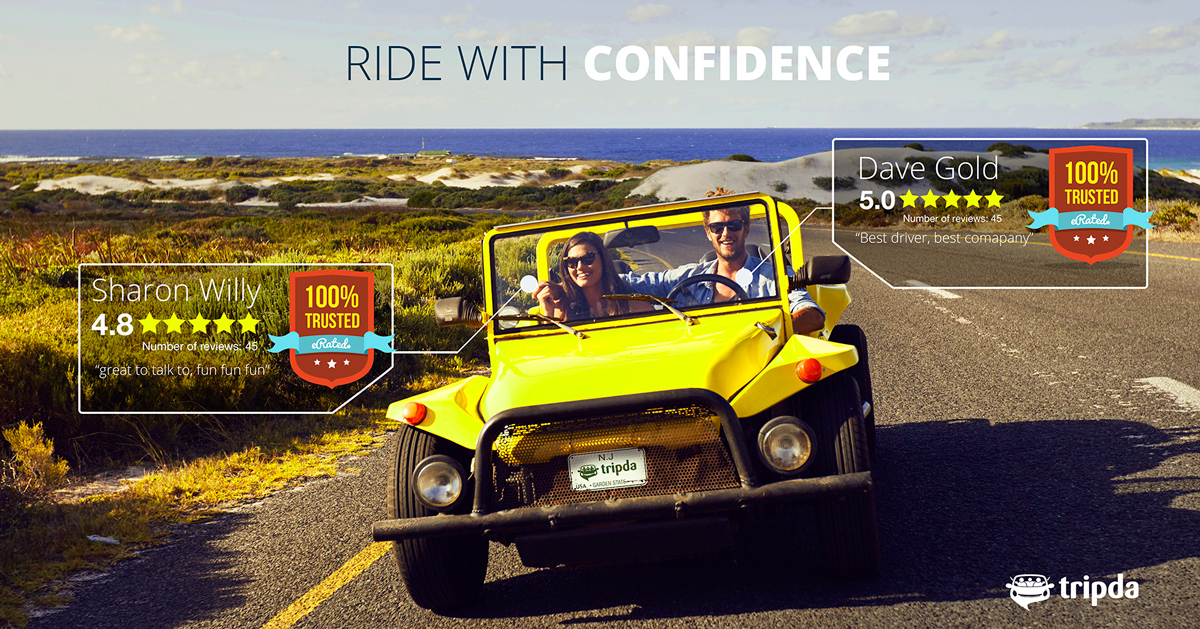When Eduardo, CEO of Tripda was a university student, he would turn to his facebook account every weekend to find people to carpool with while travelling from his university to his hometown in Brazil, which was a weekly affair. He would post on facebook groups trying to find drivers travelling the same route as him so that he could get to his hometown and his family at a low cost. There were specialised facebook groups for carpooling in which people like Eduardo posted to try and find others travelling the same route. If Eduardo was lucky, he would find people to carpool with. Often, he wouldn’t. In an attempt to create a more efficient system for ride sharing and better utilise cars on the road, Eduardo created Tripda, a peer to peer marketplace for ride sharing.
The Birth of Tripda
Tripda, a company backed by Rocket Internet, allows people with cars to offer seats to other people travelling the same route. People looking for seats in someone else’s car can go to Tripda’s website and enter the route they want to travel to see if there is anyone offering a ride on the same route. The price to be paid by the passenger to the driver is calculated automatically by Tripda depending on the cost of fuel, miles travelled, etc. If paired successfully, the passengers and drivers enjoy a more cost effective and eco friendly ride. Moreover, it isn’t rare to make friends on Tripda rides. Eduardo proudly tells us, “In some places, people would become friends while on the road. Drivers would actually offer to waive the cost of the ride to their Tripda passengers!” Since its conception in 2014, Tripda has successfully paired 150,000 riders and expanded to 13 countries across North America, Latin America and Asia.
Overcoming Challenges of Building a Marketplace
Unfortunately, not all ride sharing startups have achieved the same success. Many startups in this space have died due to various reasons. Eduardo comments on the topic, “The general idea on everyone’s mind is that all you need to do is build a website and people will come. Building a marketplace is actually very very tough. ” According to Eduardo, the inability to solve the chicken and egg problem is one of the reasons many marketplaces have failed in the past. Tripda effectively solved the problem by talking to people in the same facebook groups that Eduardo had once used to find carpoolers in Brazil and telling them about Tripda. When expanding to new countries, Tripda approaches university students and finds people who are travelling between cities. According to Eduardo, university students are usually more open to adopting solutions like Tripda’s ride sharing. They first find drivers travelling between cities, ask them to join Tripda by offering incentives and then find passengers for them who are travelling the same route.
Another challenge that Eduardo and his team faced is the building of trust in the marketplace, which is why Tripda recently partnered with eRated to increase trust among their users. “You’re putting a stranger in your car. And your car is probably your most valuable asset. If people are travelling fast, on roads and highways, there’s risk there for the riders also. We expect that eRated will help a lot, because we can use it to share the reviews and trust users have built on other platforms.” Apart from using eRated, Tripda uses a variety of other means to build trust. Their facebook login links users’ Tripda profiles to their facebook profiles. They have an extensive ratings and reviews systems so that users can provide thorough feedback after rides. Tripda also awards badges to users who verify their place of work/university. Recently, Tripda launched a ladies only option for its female users which allows them to ride with other women if they choose.
The Road Ahead
Tripda’s hopes to make ride-sharing a viable, mainstream and safe transportation option for all types of people and age groups. Eduardo considers Airbnb a benchmark for Tripda and takes inspiration from them. “They’re competing with formal alternatives and they were able to build a community and introduce value. All marketplaces should be inspired by them.”
Tripda’s solution promotes an economical, eco-friendly and convenient way of commute. We hope to see more people adopting carpooling in the sharing economy. As Tripda puts it, share the ride, share the cost, share the earth.
Tripda recently became the 15th marketplace to partner with eRated and increase trust in their community. If you’d like to learn more about partnering with eRated, reach out at [email protected].








